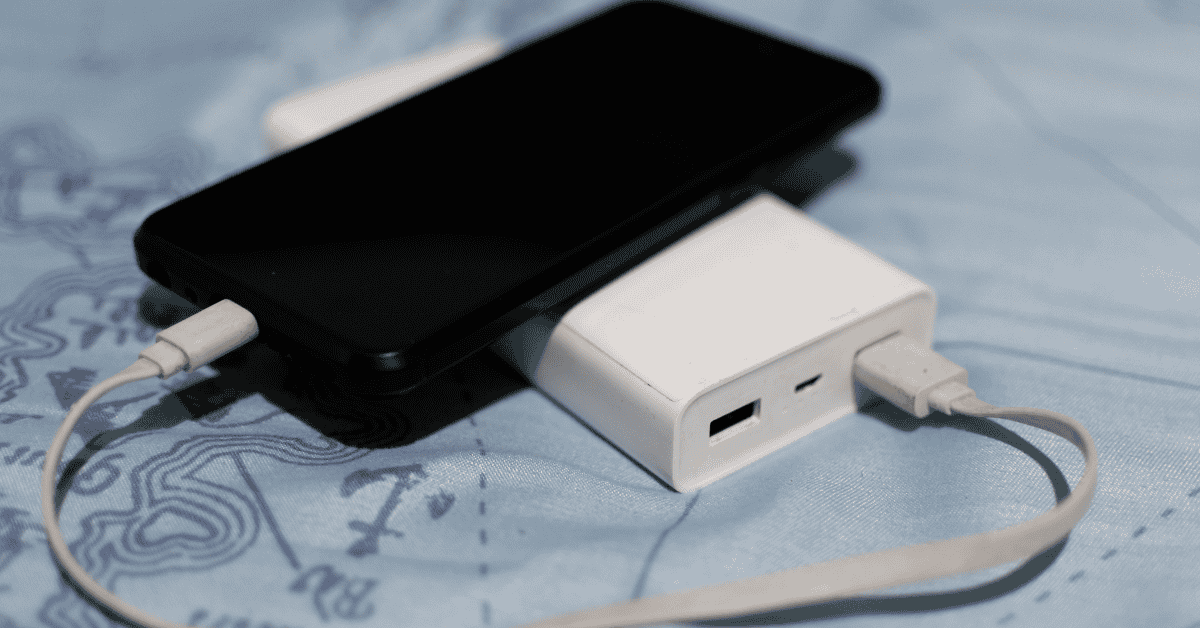Phone developers have significantly improved battery charging technology for smartphones over the years.
You no longer have to leave your phone connected to a wall charger overnight to get a full charge, as was the case actually not too long ago!
As users began to demand more from their smartphones, the brands also had to provide increased battery capacities and faster charging speeds to keep their customers happy.
Subsequently, to keep up with the demands of heavy smartphone users (which, let’s be honest, is most of us), manufacturers needed to shorten charging cycles for iPhone batteries.
This developing need marked the birth of fast charging. Right now, two major options when it comes to fast charging are the 12W and 18W USB C power adapters.
So, when it comes to Apple 12W vs 18W chargers: Which is better?
Each type has advantages unique to them, of which we will go into great detail in this article.
Both also have disadvantages, similarities, and differences that are worth comparing and taking a deeper look into!
From a big picture standpoint, charging technology has improved with wireless charging, which is fast becoming the standard for many phone brands.
While Apple also embraces wireless charging as well, they still do advocate for users to buy wired charging units that support fast charging.
The company took some time to get the fast wired charging system just right. During this time, they spent considerable resources researching and perfecting their process and accessories.
Apple finally released the iPhone 8 series in 2017 with fast charging capabilities- and that’s where the story begins!
First Of All: Is Fast Charging Good For Your Phone?
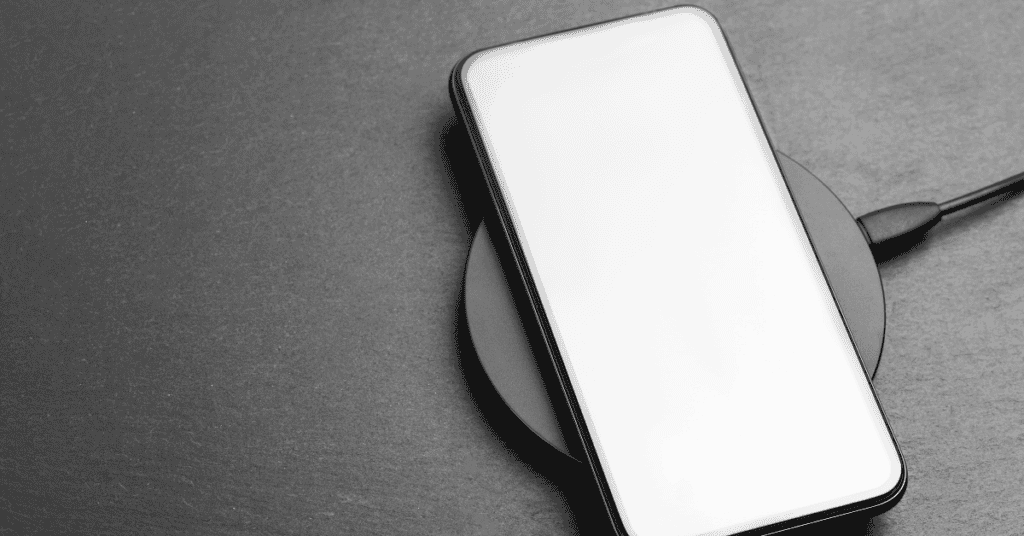
The company has always been cautious about fast charging- and with good reason, too.
While it is convenient to have your phone fully charged in only a matter of minutes, such high charging voltages can significantly shorten your battery’s lifespan. It can also pose safety risks to the device.
Although Apple’s cautious approach and thorough research made them late to the fast charging scene, they seem to now have struck a balance between fast yet safe and sustainable charging.
The 12W and 18W chargers are the most popular among iPhone users.
So, let’s now take a close look at the differences between these two charging options!
Apple 12W vs 18W Chargers: Let The Comparisons Begin!
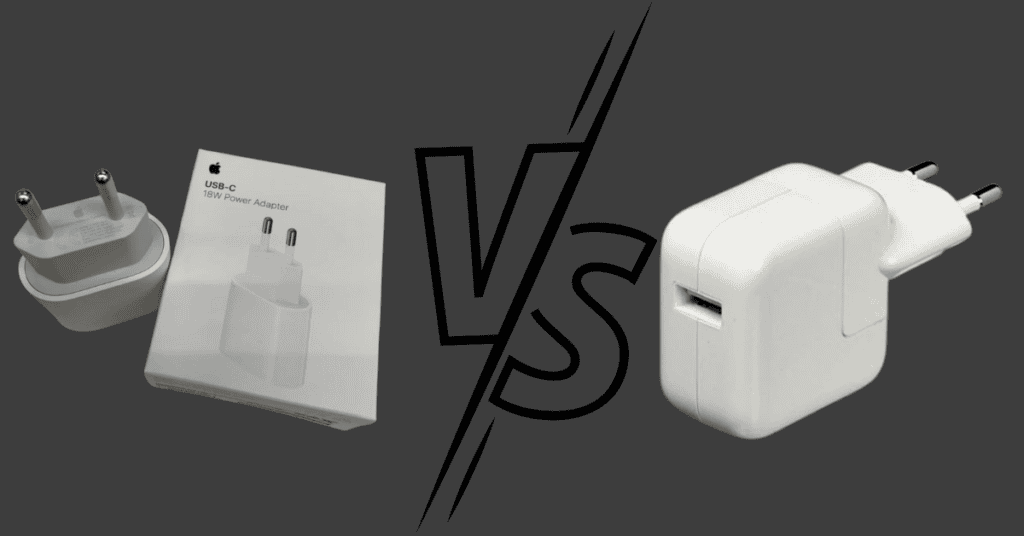
Before discussing the differences between these chargers, we will first provide some context.
Apple bundled the iPhone 8 to 11 series with the old 5W charging brick.
With that charger, you would need to charge your phone for more than three hours to get a full charge when starting from less than 10% charge!
Then, the 12 and 13 series came with no charging brick in their package (to much negative feedback).
These phones are capable of fast charging, but consumers have to purchase their chargers separately.
The Apple 12W Charger
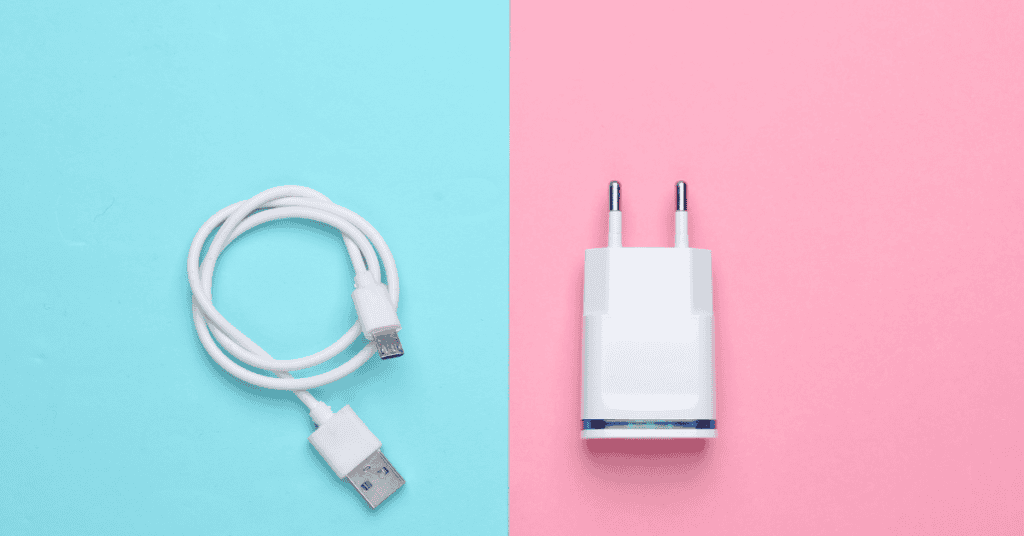
The Apple 12W USB charger is commonly referred to as the iPad charger.
The unit charges Apple devices through the standard USB to Lightning cable. It is capable of charging 43% of an iPhone 12 Pro’s battery in just 30 minutes, and can get it to 80% within an hour.
On average, you’ll need to leave your phone plugged in for around 1 hour and 40 minutes to get a full charge.
The first half of the battery fills up much faster than the second, in accordance with the developer’s design.
We think that this may be a device safety feature that preserves battery health- thus allowing it to hold a full charge and prolonging its lifespan.
Features Of The 12W Charger
Versatile Use
You can use this charger with all older iPhone models as well as the newer models.
Therefore, the Apple 12W is a good option for those who already own Apple products and prefer to use standard USB to Lightning cables.
Good For Battery Health
Additionally, this is a good charger for those concerned about their battery’s long-term health.
Since the charger delivers 12W of power output, it will maintain your battery’s ability to retain a full charge for a much longer time.
Easy To Use
You do not need to have any technical skills or know-how to use this charger. All you need to do is plug it into your mobile device, and it will start delivering the electric current required for charging.
Also, it has a safe design that reduces the risk of electrocution. As such, you can feel safe with this charger!
Portable Charger
It weighs only a few ounces, and you can easily fit this charger into any bag or pocket. It is easy to travel around with the charger, making it extremely convenient.
Pros
- Affordable Charger
- Easy to use
- Safer for your battery
Cons
- Cannot use USB-C
The Apple 18W Charger

The Apple 18W charger delivers slightly faster charging than the 12W brick. It charges Apple devices through a USB-C to Lightning cable.
Charging an iPhone 12 Pro with this charger will get the phone’s battery to 57% in half an hour, and 87% in 50 minutes.
However, you may need to keep charging for 1 hour and 45 minutes to get the battery fully charged. We observed that the slow charging phase begins once the phone battery is at 80%.
It is worth noting that Apple does offer an alternative to the 18W charger, having also introduced the 20W USB charger.
It has an even faster charging time of 1 hour and 22 minutes overall, and uses the USB-C to Lightning cable.
Features
Durability
The 18W charger is durable. If you use it according to the standard usage procedures, it should last you for many months (or even years).
The charger’s prongs are made from tough plastic, which are unlikely to break easily. Also, you can easily wipe off stains from the plastic surface without compromising its functions.
Lightweight Charger
This is also one of the more lightweight chargers, which makes it very convenient. You can carry it around with you without having to worry about a lack of storage space.
Uses USB-C Technology
The adoption of USB-C technology is the most appealing feature of the 18W charger.
USB-C is fast becoming the standard for many devices for battery charging and data transfer.
Reflecting this, most third-party accessory manufacturers have embraced the production of USB-C charging bricks.
Therefore, it is now easier than ever to find one that can charge your iPhone’s battery more rapidly!
Different Prong Designs
You will find that this charger is available with different types of prongs.
Your options include the two-prong or three-prong designs. The prong blades can be rounded or flat to match the wall socket in your home.
The various options for these features again makes using these chargers very convenient.
Pros
- Faster charging from 0 – 50%
- USB-C future-proofed
- Lightweight charger
Cons
- More expensive than a 12W charger
- May compromise battery health over time
Similarities Between 12W And 18W Chargers
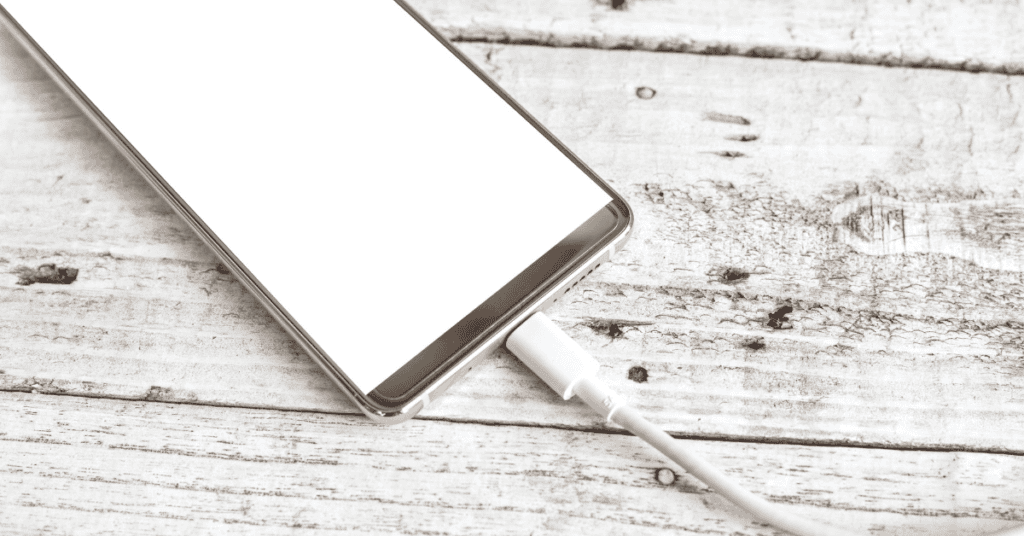
Here are the features that both chargers share:
Similar Charging Tips
Even though the iPhone chargers have different USB ends, the charging tips are the same.
This means, regardless of your iPhone model, you can still charge your battery using either of these chargers.
Safe Use
You don’t have to worry about being shocked while using either of these chargers!
They have been designed and built to protect you from harm, with no loose ends or naked cables that could put you in danger of electrocution.
However, it is still best not to attempt to open and recouple the chargers by yourself!
Battery Protection While Charging
You can use both types of chargers without having to worry about your battery.
The developers have manufactured the charger with components that protect your battery during charging cycles– thus being good for the battery’s overall health.
Similar Full Charge Duration
The time it takes to get your iPhone battery to full charge with both chargers is similar.
There is a slight difference of a few minutes. However, both chargers can fully charge batteries quite quickly so that owners can get back to using their phones ASAP!
Differences Between 12W And 18W Chargers
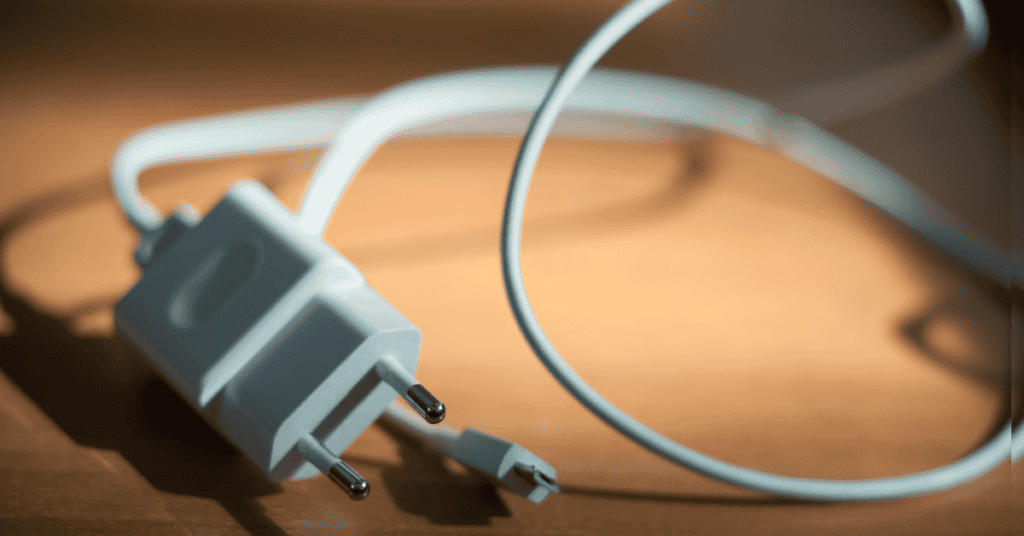
Charging Rate
The 12W charger has a slower charging rate when compared to the 18W charger.
However, some experts claim that slower charging may be best for your battery over time!
On the other hand, many people need to boost their batteries quickly, so really it becomes all about personal choice.
USB-C To Lightning Cable
The 18W charger features a USB-C to Lightning cable, while the 12W charger features the regular USB-A port.
This means that you can only use the 18W iPhone charger if you have a cable with the USB-C adapter.
On the other hand, USB-A cables are more versatile with different chargers.
Differences In Price
The prices of both chargers differ. 12W chargers are cheaper when compared to the 18W units.
We believe the price difference is due to the charging rate, USB-C to lightning feature, and due to the fact that it is a later version.
The Final Verdict
Both chargers will do an excellent job of charging your iPhone’s battery to its maximum capacity.
However, there are some perks- such as faster charging and the price of the charger- that you may want to consider.
Apple also recommends that owners of newer iPhone models should use the USB-C to Lightning cable 18W chargers for their devices.
However, we know that users can also recharge their batteries just as successfully using the 12W chargers. Therefore, users do not need to make their choice based solely on their iPhone models.
Instead, the most important thing that you should consider is your lifestyle!
If you need to use your smartphone often without the limitation of using it while it is still charging, you should go for the quick charge option: The 18W chargers should be your choice.
However, if you want a slower charging cycle that fills up your battery to a higher capacity, go with the 12W iPhone charger.
Hopefully this article has helped you decide which charger to go with- but really with either, you can’t go wrong!
Chargers are one of them. Want to know what the other 14 Most Essential Smartphone Accessories are this year? Click HERE to find out!
